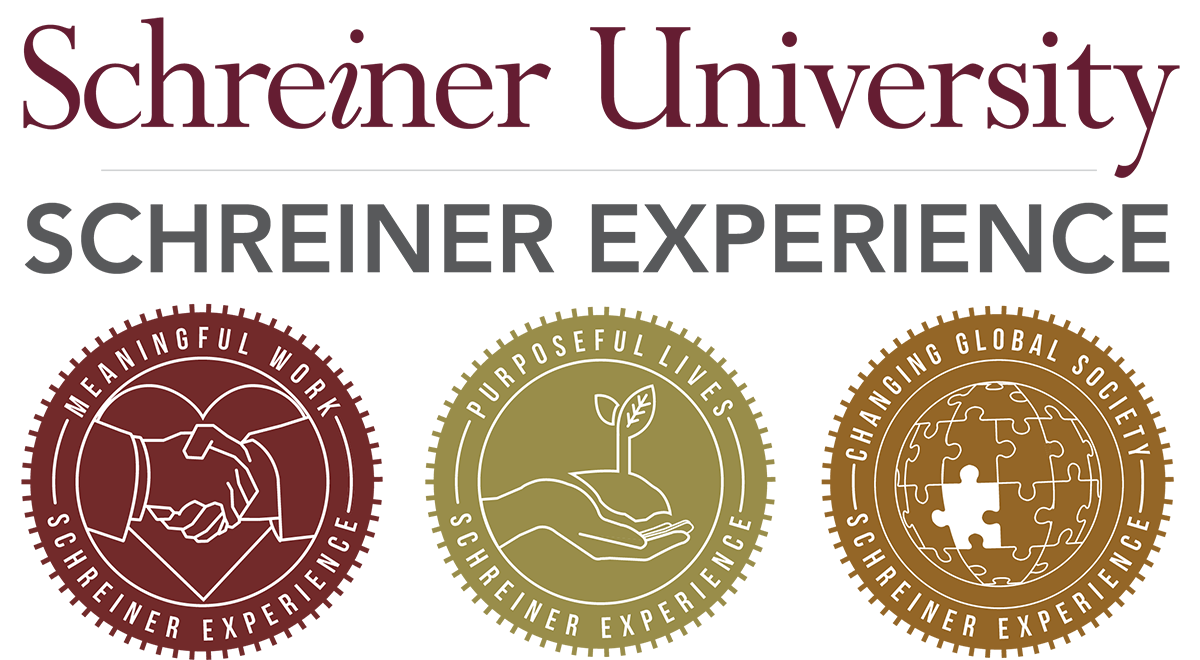by Renee Middleton, PhD
Dean, The Patton College of Education, Ohio University
Last Updated: Mar 16, 2023
Do you want to impact future generations? Do you wish to be an agent of change? Do you believe in the transformative power of education? Then you may be called to lead.
Whether as a teacher or an administrator, at the early childhood or university level, joining the education profession can provide you with an invaluable opportunity to become a leader and join a community of lifelong learners and human service professionals who are committed to meeting the challenges of diverse societal needs.
Individuals who have engaged in the study of education are not only teachers. They are counselors, coaches, and professors. They are principals, administrators, and education policy experts as well as specialists in hospitality and fashion. They work in schools and colleges in the United States and abroad. They serve at nonprofit organizations and run their own businesses, working with everyone from infants to the elderly. Impacting lives is part of their day-to-day job description. And there is a constant, if not growing, need for more motivated, passionate young educators to join their ranks.
Teaching can be transformational
Making a positive difference in the life of a student can be immeasurably rewarding.
Think about the qualities that describe your favorite teacher or coach. Did he have a special way to help explain complex concepts? Was she able to push you in ways that made you able to perform better than you ever imagined?
If you want to help students set goals, whether in the classroom or on the field, and work with them through setbacks to meet those goals, you may be called to teach.
If you want to become trained as a teacher, there is a world of opportunity open to you to work with students at every stage of development, from early, middle, and adolescent education to young adults. As part of a Teacher Education program, you can contribute to the national dialogue on education through advocacy and service.
When choosing a school, look for an institution that is accredited and allows you to achieve ample opportunities to enhance your skills through practical experience in the field working with qualified teachers.
Early Childhood Education teacher candidate Brianna Pickett describes her teacher preparation program at Ohio University: “The way the program is set up, you’re in the classroom so much that by the time you graduate, you feel like you could run any classroom very well and confidently.”
Careers outside the classroom
If “teaching the future” isn’t your direct interest, don’t dismiss Education as a major. Searching the education departments at most universities will yield many more options for you to consider. The Patton College of Education at Ohio University, for example, comprises five departments: Counseling and Higher Education, Human and Consumer Sciences, Educational Studies, Recreation and Sport Pedagogy, and Teacher Education. And the students within these programs are as diverse as the names suggest.
If you have an interest in health and wellness through recreation, physical activities, and sports, you may be suited for a degree in Physical Education. Physical Education is aimed at presenting individuals with challenges that get them moving, whether in schools, parks, recreation centers, resorts, or nonprofit organizations such as Boy Scouts, Girl Scouts, the YMCA, or the YWCA.
Kelsey Heck, an Outdoor Recreation and Education major at Ohio University, finds value in hands-on learning experiences as she recalls a 26-day expedition during her sophomore year.
“You spend 10 days backpacking in West Virginia and 10 days sea kayaking on the Outer Banks. The teachers make you make decisions,” she says. “I learned how to be a leader.”
Hospitality is one of the fastest-growing sectors in the national economy, with more than 50% of the American food dollar spent in food service establishments. The Patton College Restaurant, Hotel, and Tourism program in the Department of Human and Consumer Sciences aims to create the next generation of leaders who can meet the growing expectations for consumer demand. The program combines educational expertise with on-the-job experience.
Also in the Department of Human and Consumer Sciences, retail merchandising and fashion product development students complete work experiences during their sophomore and junior years, with a full-time internship completed during their senior year. Students have held internships worldwide. The program works cooperatively with an advisory board composed of retailers, business professionals, and educators in related fields who provide opportunities for retail merchandising majors.
As you can see, the options in education are far more diverse than the traditional image of a teacher in front of a classroom might suggest!
Advocacy and leadership
“Public education has the potential to be the great equalizer,” says Michelle Connavino, recipient of a Bachelor of Science in Middle Childhood Education. Her motivation to pursue teaching was rooted in her belief about the benefits of public education. It’s an important part of our shared democracy, as there is an inherent responsibility to help ensure that everyone has access to excellent and equitable education.
If you do decide to pursue a degree in Education, you will discover a variety of ways to lead in developing the knowledge, skills, and dispositions required to meet the great challenges and equally great rewards of shaping and mentoring the future.


